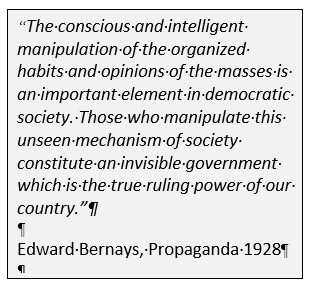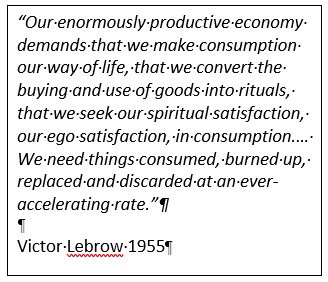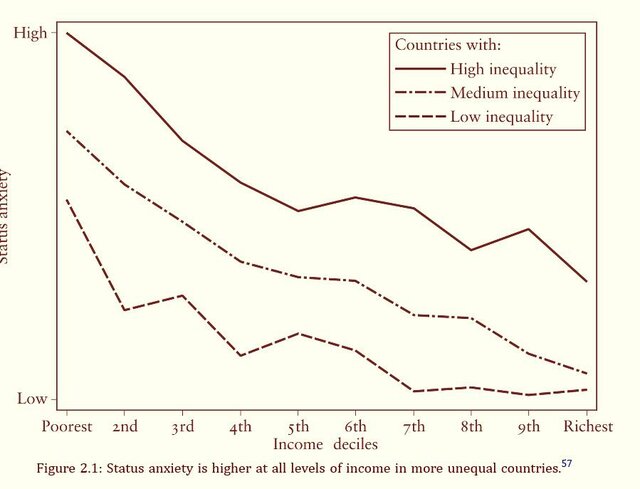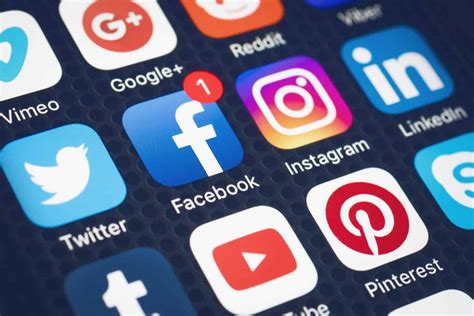By Sam Gleaden
The average user now spends an astonishing 2 hours and 24 minutes on social media every day. This has seen social media use demonized in shows like “the social dilemma” as a uniquely psychologically toxic part of 21stcentury living.
But is logging out and living an analogue lifestyle really the secret to good mental health? Research into social media and well-being is showing us that the most potent factors causing us harm are embedded within widening inequality and consumerist culture itself, and not just simply a problem with social media platforms.
Unsurprisingly , the use of social media has been evidenced to cause poor mental health through a variety of means such as loss of sleep, increased feelings of isolation and lowered self-esteem. This is particularly true for potentially at-risk groups such as adolescents.
But paradoxically, other studies show that for some social media increases their sense of social connectedness, particularly when distressed or if they already have strong sense of self worth. The way we specifically engage with social media also seems to change its impact on well being. Passively scrolling others’ profiles is associated with increased anxiety and lower self-esteem while producing creative content has the opposite effect. The key to understanding some of these apparent contradictions comes from looking at the role of our unfortunate tendency for social comparison.
The role of FoMO (Fear of Missing Out)
Numerous studies are now showing that our vulnerability to the experience of “the fear of missing out” is the most important factor for having an unhealthy relationship with social media.
Defined as “a pervasive apprehension that others might be having rewarding experiences from which one is absent”. The experience of the fear of missing out has been linked with the tendency to compare oneself to others, and feelings of envy. Studies looking at the fear of missing out show that it’s the extent to which we feel left out by, or compare ourselves to others, that creates negative mental health effects on social media.
Social media abstinence studies have found just 7 days off social media can rapidly increase well-being with this increase coming about just through lowering feelings of the fear of missing out.
the fear of missing out has also been linked to the rise of influencer culture as unrealistic lifestyle images of professionally wealthy and beautiful people are used to encourage use to purchase products.
What’s worse is that those who already feel like they are missing something in their lives are far more likely to feel the fear of missing out. These same users are more likely to try and improve their mood by scrolling, purchasing and exaggerating their social media profiles, creating an addictive feedback loop.
Sound like anyone you know?. But this unhealthy competitive culture has never been strictly confined to the 21stcentury world of social media.

FoMO: the Neo-liberal version of ”keeping up with the Jones”
Sociologist Joseph Reagle has argued that the fear of missing out is simply the latest development of an older concept baked into modern consumer capitalism. The phrase “keeping up with the Joneses” goes back to early 20th century America when modern consumer culture was in its infancy. It describes the way in which families were encouraged to compete with one another for social status through the products they buy.
Reagle gives evidence from magazines of the time as articles showed consumers ways of managing their growing feelings of envy. New print magazines, newspapers and later radio technology gave people unprecedented access to the lives of others much the same way social media is doing today. These and other changes led to similar panics about the dangers of modern life. The term ‘Neurasthenia’ was coined to describe this new anxiety-driven fatigue of the era.
Reagle argues that “keeping up with the Jones” culture encouraged people to present an exaggerated version of themselves in order to gain social standing in a world that was already becoming more obsessed with comparison.
Modern consumer economies and social media
Put in its wider historical and social context, the “the fear of missing out” from social media appears as just one part of an ever-evolving economic logic. One which pushes us to consume, compare and compete with one another, all for the benefit of big business.

Edward Bernays, nephew of Sigmund Freud, and the godfather of modern advertising, described the necessity of manipulating the population to buy consumer products, both for the perspective of profitability, but also for keeping the working class docile in modern democratic societies. He sort this control largely through playing on consumers unconscious desires for status and value.
Modern consumer economies demand a continual flow of products being bought, used and then discarded quickly. A slowing down in this flow of demand for goods and services can cause economic stagnation and recessions. Retail economist Victor Lebrow summarised this in 1955 saying

Modern economies require the creation of artificial desires and needs which are generated by harnessing and reproducing a sense of inadequacy. General Motors director general of research analysis even wrote a paper in 1929 explicitly entitled “keeping the customer dissatisfied”. Predictably, much of modern advertising has a similar negative effect to social media use on our mental well-being by creating this sense of inadequacy.
But it’s not just the growth of consumerism that is causing us to compare and despair. Increasing economic inequality is pushing us into competitive cycles of self-loathing.
Inequality and social comparison
Richard Wilkinson and Kate Picket have shown that rising economic inequality, especially since the 1980s, is a key cause of the mental health crisis through the increase of “status anxiety”. Defined as a pervasive feeling that “occurs when we compare ourselves to others and fear that we are not meeting society’s standards for success”.
Wilkinson and Picket show that the shame-inducing effects of poverty are similar whatever developmental level your particular nation is; in other words, it’s the relative poverty that’s important for a lot of negative mental health effects.
In more unequal societies, the idea that some are fundamentally better than others become more widespread making people become more insecure about their status and value. More recent data has begun to support these claims further. The graph below from X displays this clearly as more unequal nations produce higher levels of status anxiety. Interestingly this is the case throughout the income distribution, and in wealthier nations, meaning not even the well-off are spared.

As a way to deal with this status anxiety and accompanying low self-worth, we are seeing rising numbers of people displaying “materialistic values”.
Psychologist Tim Kasser defines ‘materialistic value’s ‘ as a preoccupation with your social standing, and the subsequent purchasing of products that display greater status. This doesn’t just mean buying flashier watches or plastic surgery but even claims about our day-to-day abilities. It’s now more common to claim to be a better-than-average driver in less equal countries. What’s more, the further people fall into these competitive behaviours the worse outcomes are for their well-being.
Social Media: a catalyst for consumerism.
What we see on our Instagram or Facebook feeds isn’t something unique to social media at all, but instead a mirror to our culture under capitalism; hyper-competitive, drastically unequal and fuelled by emotional insecurity.
This isn’t to say that social media isn’t also creating further harm. Facebook whistle-blowers have exposed how executives have always had evidence that addictive algorithms on Instagram and Facebook are damaging, but their need to keep us glued to our screens for advertising revenues means they duly ignore this data.
But social media isn’t the direct cause of our problems. Instead these platforms act like a catalyst to wider social ills of economic inequality and a predatory consumerist culture driving us to despair through comparison and competition with one another. It’s not the technology itself that is the main problem, it’s its utilization under capitalism.
As the contradictory evidence of social media well-being research shows, there could be a future for Social Media that adds genuine connection and positivity to our lives.
As a basic starting point, we should demand for the regulation of social media, making it less addictive, as well as educating about the unhealthy comparison culture it encourages. This is particularly true in light of even more dangerous algorithms used for platforms like TikTok.
But there are even more fundamental issues that this research highlights, namely that advertising culture itself is a type of psychological pollution, one which the left should be fighting for the removal much in the way we think about air pollution.
Most importantly we need to link the struggle for psychological health to the levels of economic development and equality in society as a whole. The Neo-liberal argument that we all benefit if the rich get richer is not just false on the basis that the wealth really doesn’t trickle down; but also that consumerism and inequality create a more shame-filled atomised world built on superficial ways of relating to one another, all of which are wreaking havoc on our well-being.
The link to the original article is here



